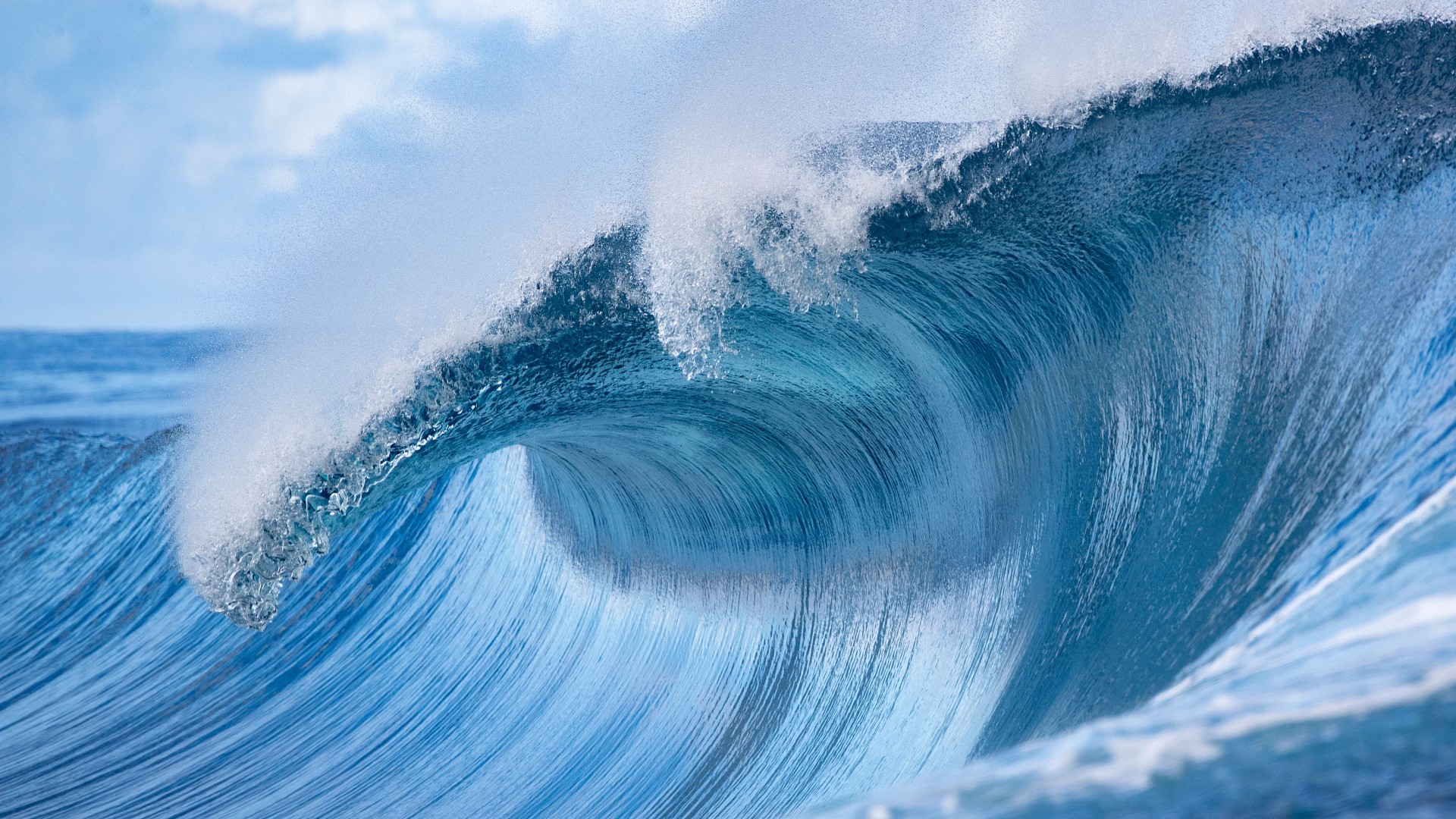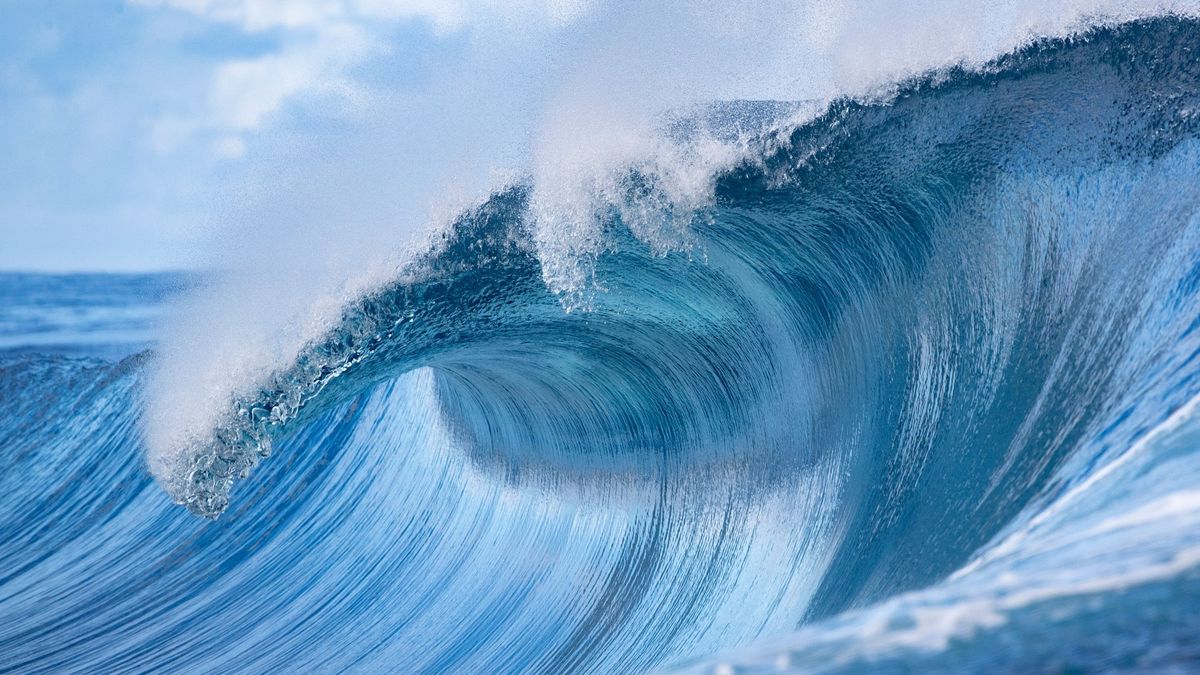
Water covers more than 70% of our planet, and 96.5% of that water is held in the ocean. Or should that be oceans? Turns out, experts can’t quite agree on how many oceans Earth actually has.
Technically, there is just one global ocean as all of the marine environment is connected in some way, according to the National Oceanic and Atmospheric Administration (NOAA).
However there are also four geographically defined ocean basins: the Atlantic, Pacific, Indian and Arctic Oceans.
And in 2021, the National Geographic Society added another layer of complexity to this debate by declaring a fifth ocean in the frigid waters surrounding Antarctica — the Southern Ocean.
Related: Where did ocean currents come from?
So does our planet have one, four or five oceans? Well, the answer depends on who you ask.
Oceans are the world’s biggest bodies of water, though their formal definition is not agreed upon. The International Hydrographic Organization, which is composed of 98 member states and is responsible for demarcating the ocean’s boundaries, has not yet recognized the Southern Ocean because it has not received full agreements from its members.
While other oceans are defined by the continents they border, the Southern Ocean is characterized by its current, which flows from west to east and is known as the Antarctic Circumpolar Current (ACC). This unique current, likely established 34 million years ago, circulates waters that surround Antarctica to a latitude of about 60 degrees south, excluding the Drake Passage and Scotia Sea. The ACC pulls water in from the Atlantic, Pacific and Indian Oceans to help transport heat around the world.
The winds in this region contribute to a phenomenon called upwelling, in which cold, nutrient-dense water rises to the sea surface. Once at the surface, the water absorbs carbon from the atmosphere before sinking back down. This makes the Southern Ocean one of Earth’s largest carbon sinks, a 2021 NASA study found.
“It’s kind of the big connector that connects the other oceans,” said Frank Nitsche, a marine researcher at the Lamont-Doherty Earth Observatory at Columbia University who has studied the Southern Ocean for decades. When the National Geographic Society formally recognized the Southern Ocean in 2021, “I wasn’t really aware that it was not really official,” he told Live Science.
If different oceans are already recognized by the scientists who study them, then why does it matter if an ocean is formally named or not? Renellys Perez, an ocean researcher at NOAA, said it could help people understand the marine issues in their region.
“We really like to think about things being the global ocean, but it’s particularly helpful to think about different regions and talk about more regional problems,” she told Live Science. “I think it’s hard for people to understand some of the grand ocean challenges that are global in scope and people think more about what’s in their backyard.”
Stay connected with us on social media platform for instant update click here to join our Twitter, & Facebook
We are now on Telegram. Click here to join our channel (@TechiUpdate) and stay updated with the latest Technology headlines.
For all the latest For Top Stories News Click Here

